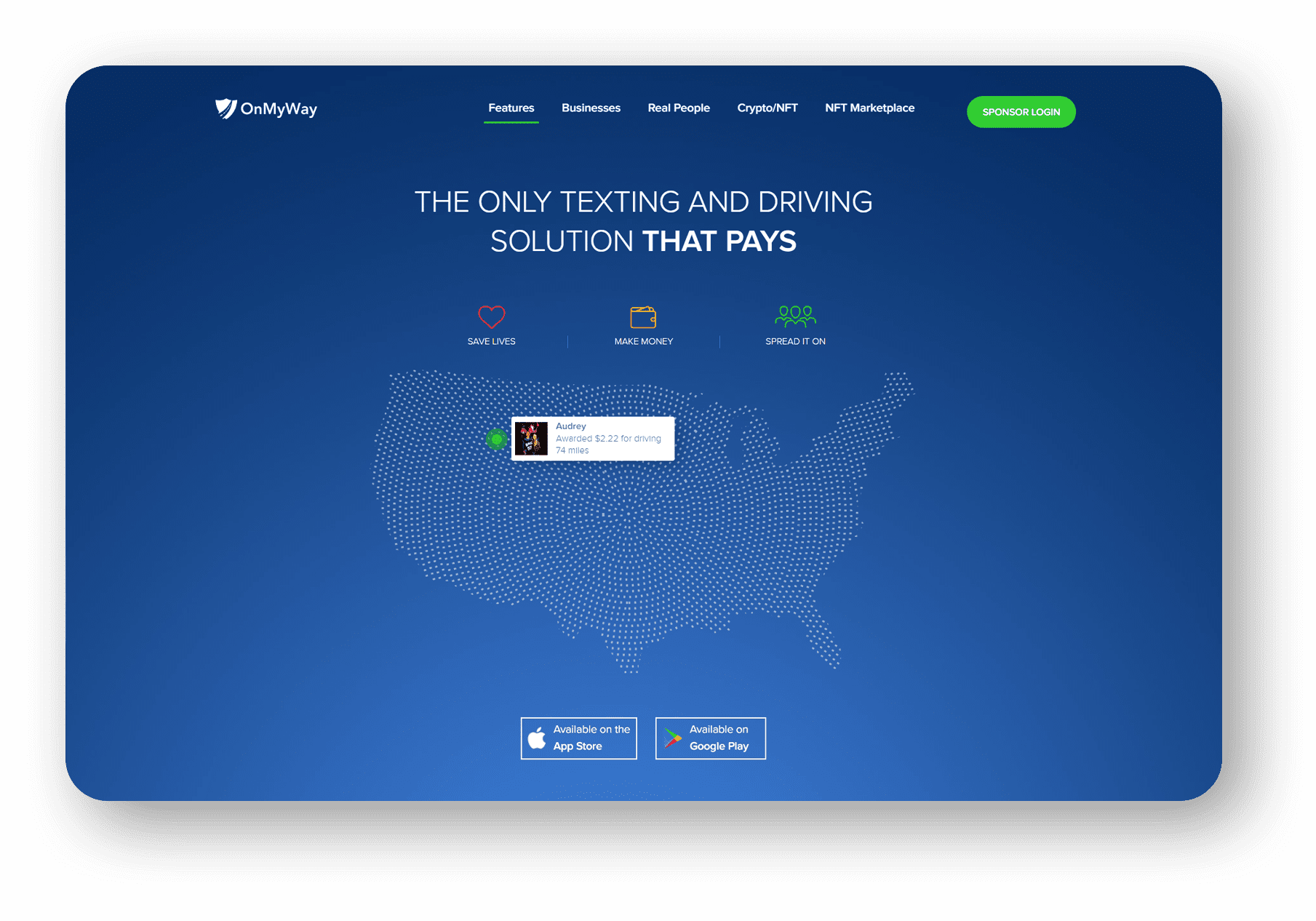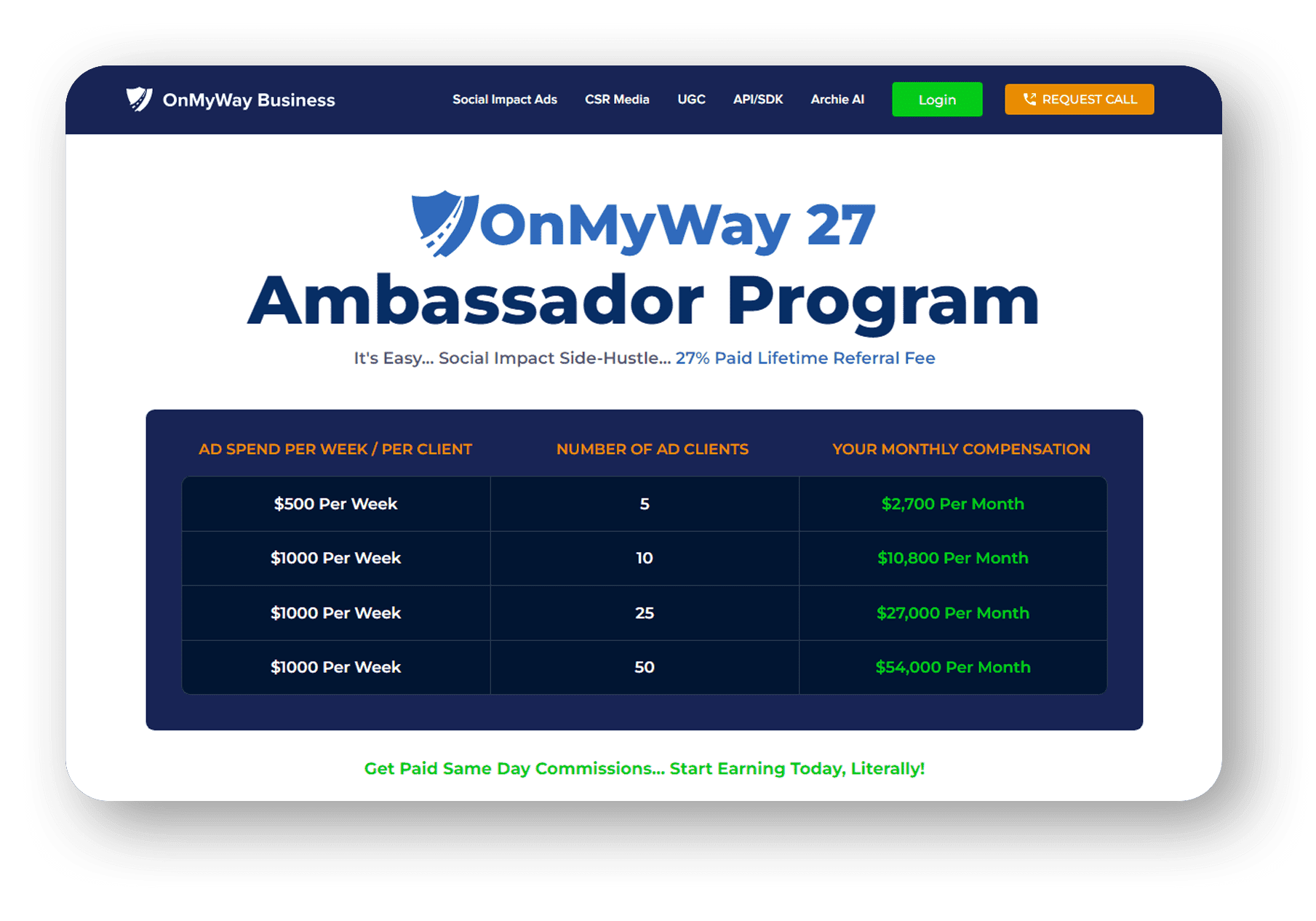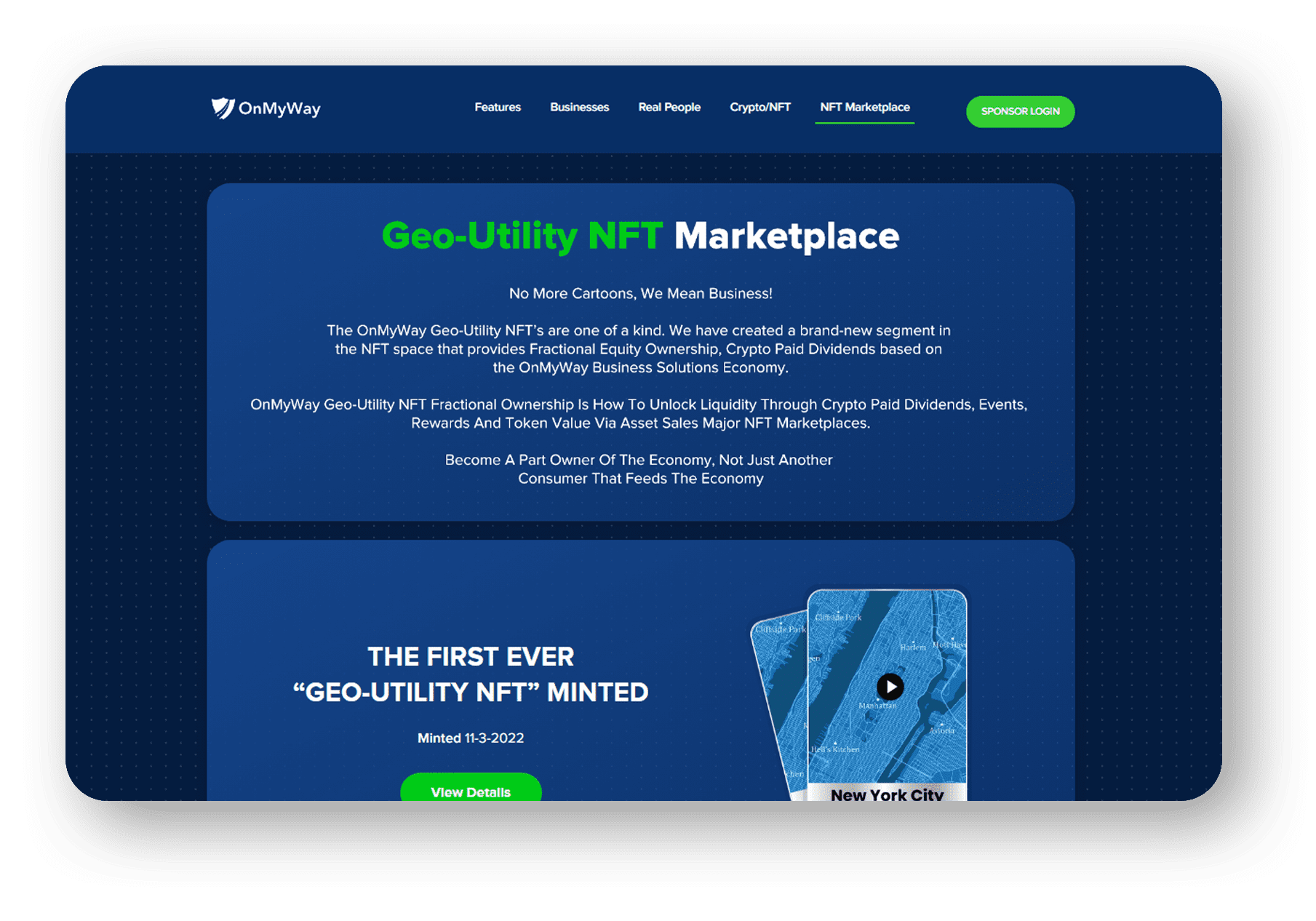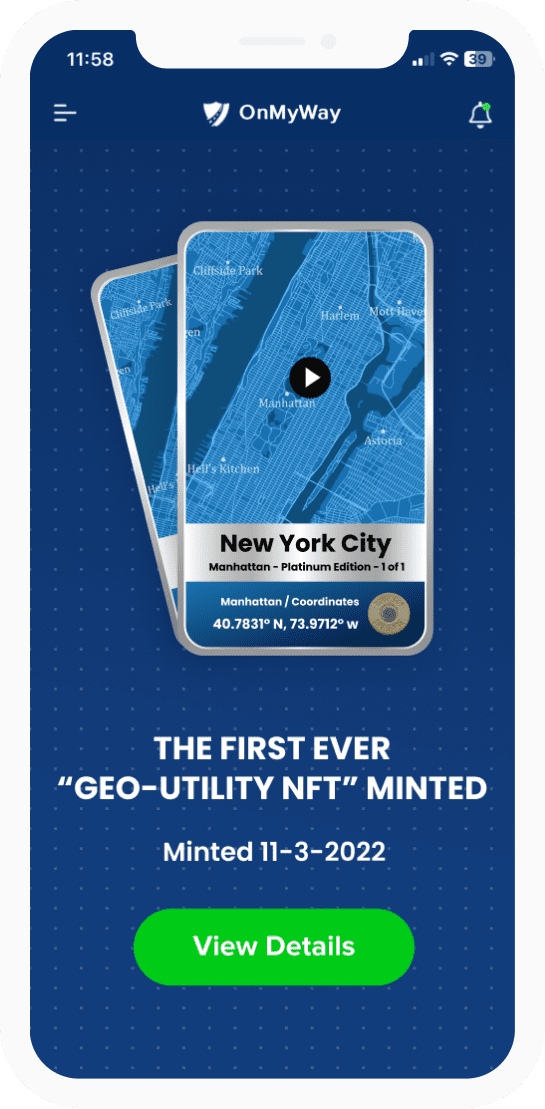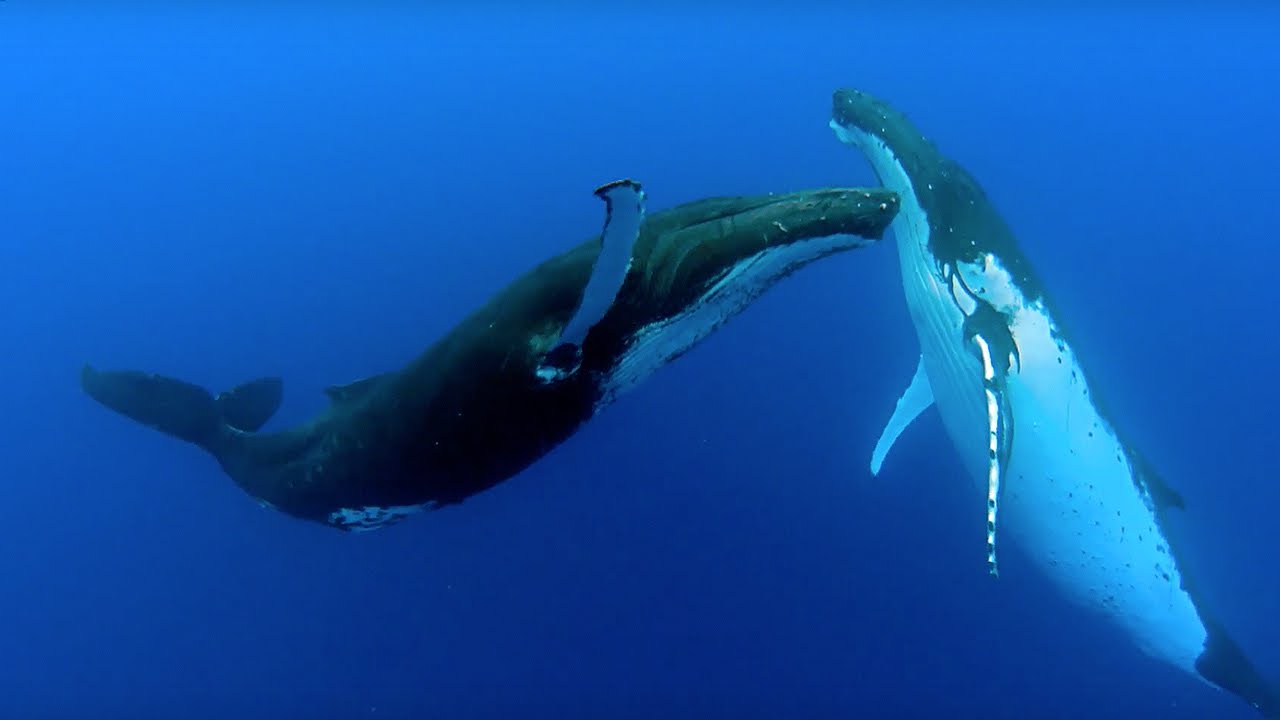
A team of researchers affiliated with institutions in the U.S., Mexico and Australia has found evidence of humpback whales traveling thousands of miles to mate. In their paper published in the journal Biology Letters, they describe their findings and what it could mean for conservation efforts for the whales.
Humpback whales live in all of the world’s oceans, but individuals and some groups tend to keep to the same parts of a given ocean. One group, for example, tends to spend summer months feeding off the coast of Canada and Alaska. Then, as colder weather moves in, they swim south, either to waters around Hawaii or off the coast of Mexico. In this new effort, the researchers found evidence of at least two males who swam back and forth between Hawaii and Mexico in the same season.
Both male and female humpback whales swim south in the winter to avoid the colder temperatures. But they also do so to reproduce. Shortly after swimming south, males vie for the attention of females, with most finding eventual success. But now, it appears that the path to success is more difficult than previously thought. One male was found to have swum from near Hawaii to the west coast of Mexico in 2006, which is a journey of approximately 4,545 kilometers. And in 2018, another made the journey in the opposite direction, traveling 5,944 kilometers, just as winter was winding down, swimming from Mexico to Maui. Both had done so during the mating season, and both were seen joining other males in wooing a single female once they arrived. The researchers noted that the time it took for both whales to swim such distances (less than 60 days) suggested they did so much faster than what was previously believed to be their normal pace.
The researchers examined 26,000 photographs of the whales taken by both professional and amateur photographers going back to 1977. Humpback whales have unique markings on the bottom of their tails that make them easy to discern and identify.
The researchers found that there are no unique small groups of whales near Hawaii and Mexico—instead, the whales comprise one large group. They also note that such crossings mean conservationists will have to take another look at their designations. Humpback whales as a group living off the coast of Mexico have been labeled as endangered, whereas those around Hawaii have not been so designated.
OVERVIEW
OnMyWay Is The #1 Distracted Driving Mobile App In The Nation!
OnMyWay, based in Charleston, SC, The Only Mobile App That Pays its Users Not to Text and Drive.
The #1 cause of death among young adults ages 16-27 is Car Accidents, with the majority related to Distracted Driving.
OnMyWay’s mission is to reverse this epidemic through positive rewards. Users get paid for every mile they do not text and drive and can refer their friends to get compensated for them as well.
The money earned can then be used for Cash Cards, Gift Cards, Travel Deals and Much, Much More….
The company also makes it a point to let users know that OnMyWay does NOT sell users data and only tracks them for purposes of providing a better experience while using the app.
The OnMyWay app is free to download and is currently available on both the App Store for iPhones and Google Play for Android @ OnMyWay; Drive Safe, Get Paid.
Download App Now – https://r.onmyway.com
Sponsors and advertisers can contact the company directly through their website @ www.onmyway.com.




